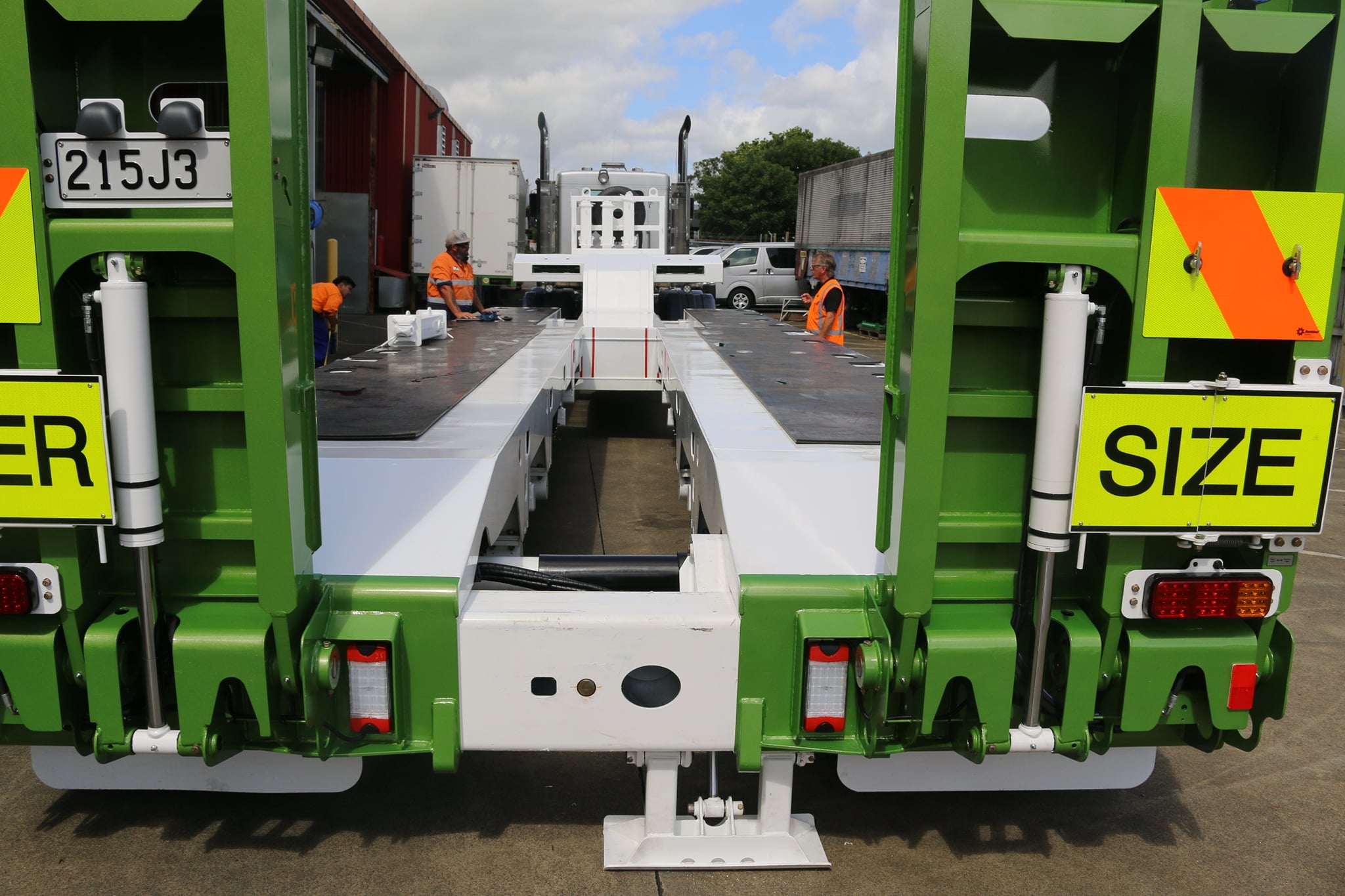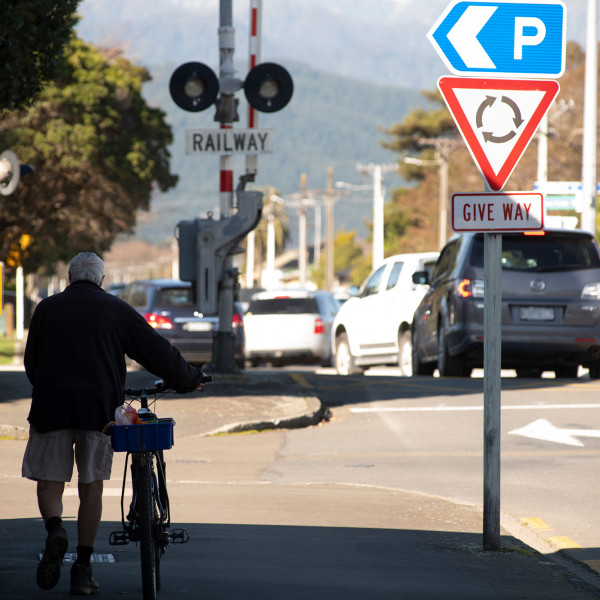
New Mobile Roller Brake Test Rolls Out Across NZ
The New Zealand Police and Waka Kotahi have developed a solution to make brake checks faster and more accurate to make New Zealand’s roads safer.
The new technology will enable Police to do running checks, a step in the right direction away from previous archaic methods that could only be completed in a COF centre. Frightening statistics show that even though trucks are well within their certification, failing brakes are more than common.
New mobile roller brake testers and thermal imaging devices will improve road safety and reduce the risk of a serious injury or death on our roads as a result of a heavy vehicle brake failure.
Beginning June, NZ Police commercial vehicle safety teams (CVST) will be able to identify brake failures more easily anytime, anywhere thanks to new brake safety monitoring technology.
Six new BM20200 mobile roller brake testers (MRBTs) are being rolled out nationwide to CVST as well as handheld thermal imaging devices to each CVST vehicle and each of the six weigh stations.

“We are committed to reducing the number of deaths and serious injuries on our roads,” says Superintendent Steve Greally, Director Road Policing. “By investing in new technology that helps identify possible brake failures we can prevent potential harm being caused.”
The MRBTs (also known as roller brake test machines) are equipped with the same electronics and software as the fixed inground roller brake machines that Waka Kotahi (NZ Transport Agency) will be installing in commercial vehicle safety centres (CVSC) as a part of their Weigh Right Programme.
New mobile roller brake testers and thermal imaging devices will improve road safety and reduce the risk of a serious injury or death on our roads as a result of a heavy vehicle brake failure.
Beginning June, NZ Police commercial vehicle safety teams (CVST) will be able to identify brake failures more easily anytime, anywhere thanks to new brake safety monitoring technology.
Six new BM20200 mobile roller brake testers (MRBTs) are being rolled out nationwide to CVST as well as handheld thermal imaging devices to each CVST vehicle and each of the six weigh stations.
“We are committed to reducing the number of deaths and serious injuries on our roads,” says Superintendent Steve Greally, Director Road Policing. “By investing in new technology that helps identify possible brake failures we can prevent potential harm being caused.”
The MRBTs (also known as roller brake test machines) are equipped with the same electronics and software as the fixed inground roller brake machines that Waka Kotahi (NZ Transport Agency) will be installing in commercial vehicle safety centres (CVSC) as a part of their Weigh Right Programme.

New mobile roller brake testers and thermal imaging devices will improve road safety and reduce the risk of a serious injury or death on our roads as a result of a heavy vehicle brake failure.
Beginning June, NZ Police commercial vehicle safety teams (CVST) will be able to identify brake failures more easily anytime, anywhere thanks to new brake safety monitoring technology.
Six new BM20200 mobile roller brake testers (MRBTs) are being rolled out nationwide to CVST as well as handheld thermal imaging devices to each CVST vehicle and each of the six weigh stations.
“We are committed to reducing the number of deaths and serious injuries on our roads,” says Superintendent Steve Greally, Director Road Policing. “By investing in new technology that helps identify possible brake failures we can prevent potential harm being caused.”
The MRBTs (also known as roller brake test machines) are equipped with the same electronics and software as the fixed inground roller brake machines that Waka Kotahi (NZ Transport Agency) will be installing in commercial vehicle safety centres (CVSC) as a part of their Weigh Right Programme.
A brake issue with a fully loaded truck is a significant risk, and one that must not be overlooked.
Although trucks are not involved in significantly more crashes per kilometre travelled than other vehicles, heavy vehicle crashes are more likely to be fatal (over 20 per cent of road deaths).
“By being able to identify possible brake issues we can better target our efforts towards inspecting those trucks, maximising our operating capabilities and allowing seemingly brake-safe operators to continue uninterrupted. However, the CVST can stop a vehicle for inspection anytime, anywhere.”
The safety improvements are delivering to New Zealand’s Road Safety Strategy, Road to Zero 2020 – 2030, which aims to reduce the number of people killed or seriously injured on New Zealand roads by 40% over the next decade.
To read the full article head on over to the NZ Trucking website.



